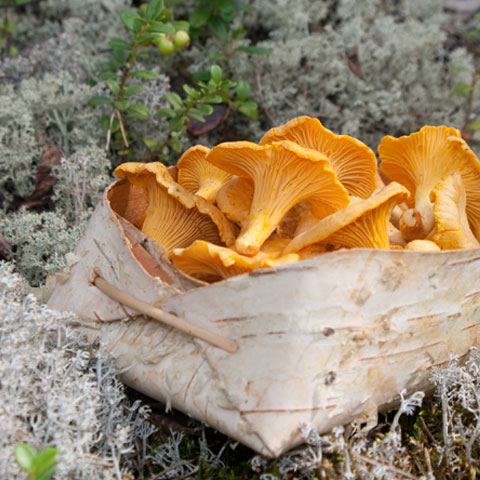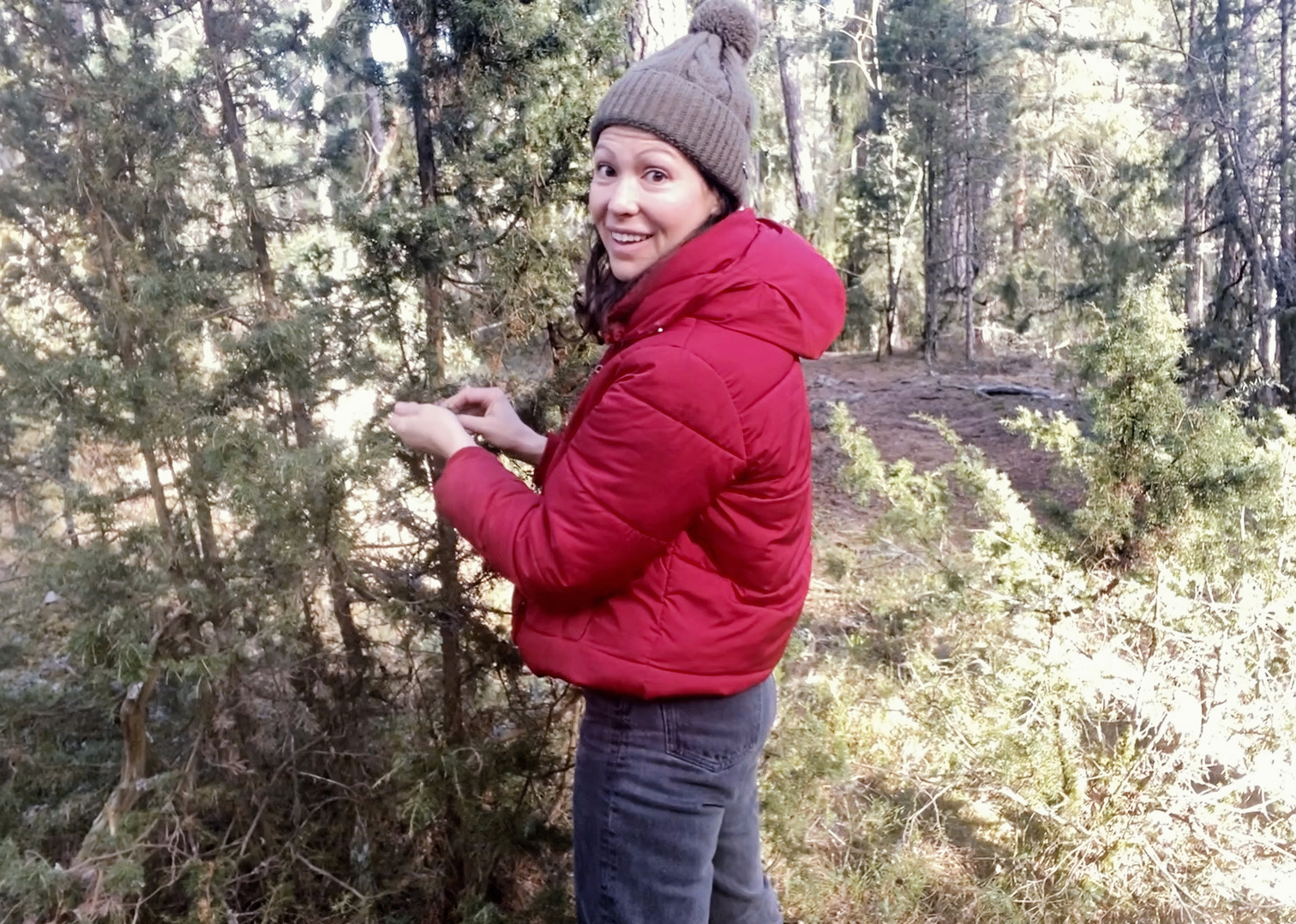In my last post, I talked about the What, Where and How of foraging. Today I’m going to talk about the Why.
It feels silly to try and sum up the benefits of foraging. I imagine it to be something very personal depending on one’s place, community and connections. When I started foraging, it was purely practical. But it soon became something much more. I’ll try to discuss a few of these different aspects today.
Wild foods are nutritiously superior
In nearly every case, plants found in the wild contain more macro and micro nutrients, antioxidants and/or other phytonutrients than their domesticated counterparts.
There are many reasons for this, which include soil depletion, monocropping practices and the use of pesticides in farming, plus the fact that farmed foods never develop the same phytonutrients that wild foods must develop in order to survive natural threats. Here is some additional reading for the interested:
- Breeding the Nutrition Out of Our Food
- Eating ‘Wilder’ Foods for a Healthier Diet
- The Missing Link to Optimum Health
- A Foraged Feast: Nutritional Value of Wild Edible Food
Beyond plants, the same goes for animals too:
But it’s just not food. This also applies to plants or other natural materials that are harvested and used in skincare applications, for medicinal purposes, etc.


Foraging is economical and practical
Foraged foods are free! Nuff said.
This means free, nutritious food. Free, effective medicine. Free supplies. Free decor and beauty.
Unlike human economies that operate from a place of scarcity, Nature is abundance. Everything the earth provides is a gift. And “a gift economy nurtures the community bonds which enhance mutual well-being,” writes Robin Wall Kimmerer in this beautiful story about the serviceberry.
This is particularly important in an economy where many cannot afford healthy, organic food. Or for those who live in places where the access to healthy, organic food is limited. For example, when we go out to the countryside to stay our summer cabin, we have access to just one food market, and its selection of food is dismal. We’re better off trying to find food in nature.
Marginalized communities are often forced into places that perpetuate disease and poverty. If the people could reclaim and rewild the land, then they could feed themselves better, creating not only benefits to physical health but also psychological health.
And yet this basic human right has been taken away from people all over the world. Imagine the issues we could solve by recovering these rights and recovering the land. It would be revolutionary.
A sense of connection and belonging
Nature really misses us. We no longer have a relationship with plants and animals, and that’s the reason why they’re going away.
M. Kat Anderson in Tending the Wild

The more time we spend in nature, the more we come to know it and feel at home. The entire world is pulsating with life and wonder, with story and song. It is inviting us to sing our part back, to gather and belong.
For too long, we have viewed ourselves as negative “impact” rather than as positive caretakers who can manage resources in a way that is mutually beneficial to both us and the land. Now we have almost no connection to anything, not even the food we eat. Certainly not to the world we inhabit and depend on far more than we realize.
The deepest part of us longs for those songs, that connection, the freedom, the wonder.
Physical and mental health
Going out to forage gets your body moving, your blood pumping, and all of your senses attuned. This sensual knowledge and bodily connection cannot be understated. The more foraging and wildcrafting I do, the more I come to understand just how much knowledge is embodied already. It’s as if my body knows things that my brain can’t even grasp. Which makes sense given the fact that we evolved
Going out to forage is also calming. It offers new perspective. It’s strange who much it can energize me, yet it’s so peaceful. Just being in the natural world, communing with it. Whether I’m alone or with others, the conversations are more human, more truthful.
Not to mention how rewarding it all is! The sense of joy and wonder. The pride and sense of accomplishment of having gained new knowledge and new skills. The process is often slow, but it is rewarding on every level of my being.


Gaining a new language
“People can be intelligent with their lands, the languages being formed from the land and then people in turn singing up their land. The roots of intelligent are inter and legere, which means both “read” and “gather”–– people could gather plants and words from their lands. To gather, of course, itself means both “to collect” (for example, fruits) and “to understand.”
Jay Griffiths in Wild: An Elemental Journey
To lose one’s connection to the land is to lose a language. When indigenous languages die out, we don’t just lose words. We lose ideas and ideals, ways of being and knowing. We lose things that could never be translated into the dominant language of empires and industry. This is no minor thing. To lose our language is to lose our identity and understanding of the world, because when that intelligence is gone, what do we have? Only what we are fed to replace it with.
But likewise, we can gain all of these things too. Together, in collaboration with the land and waters, plants and animals, we can enter into new (or old) ways of being and knowing again, and thus form new words, new languages, new intelligences, which could nurture every single life on this planet. What it requires is our time and attention.
Foraging is a fantastic starting place, because as Griffiths says, there is a connection between the physical act of gathering from the earth and the unconscious, or that layer of the psyche where body and spirit might touch. Over time, our bodily knowledge becomes intuition, and then it becomes language.
Are there other reasons why you love foraging? I’d love to hear!
Also, what are your favorite things to forage?
If you’ve never foraged before but are interested, check my Beginner’s Guide to foraging here:
xx
Beth

